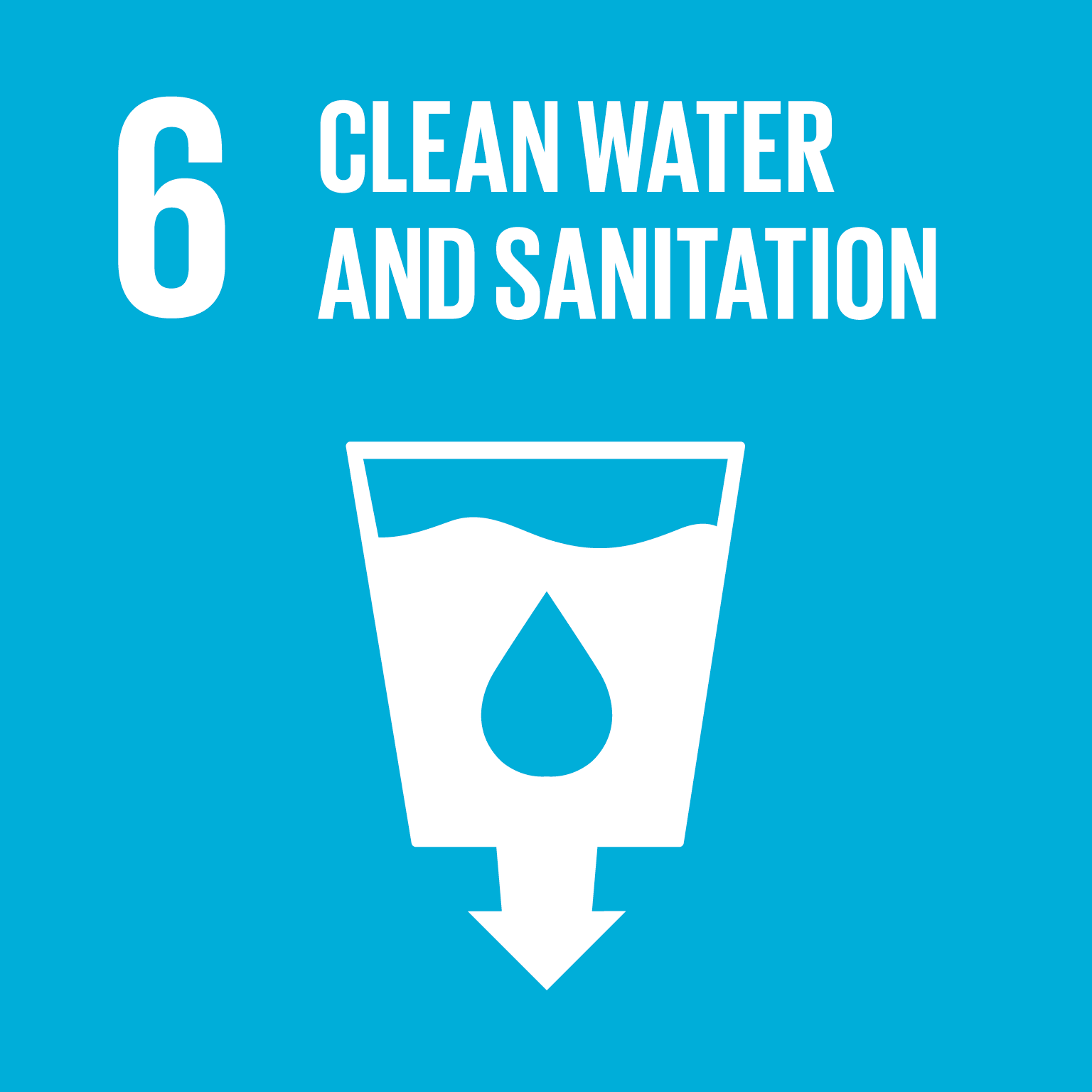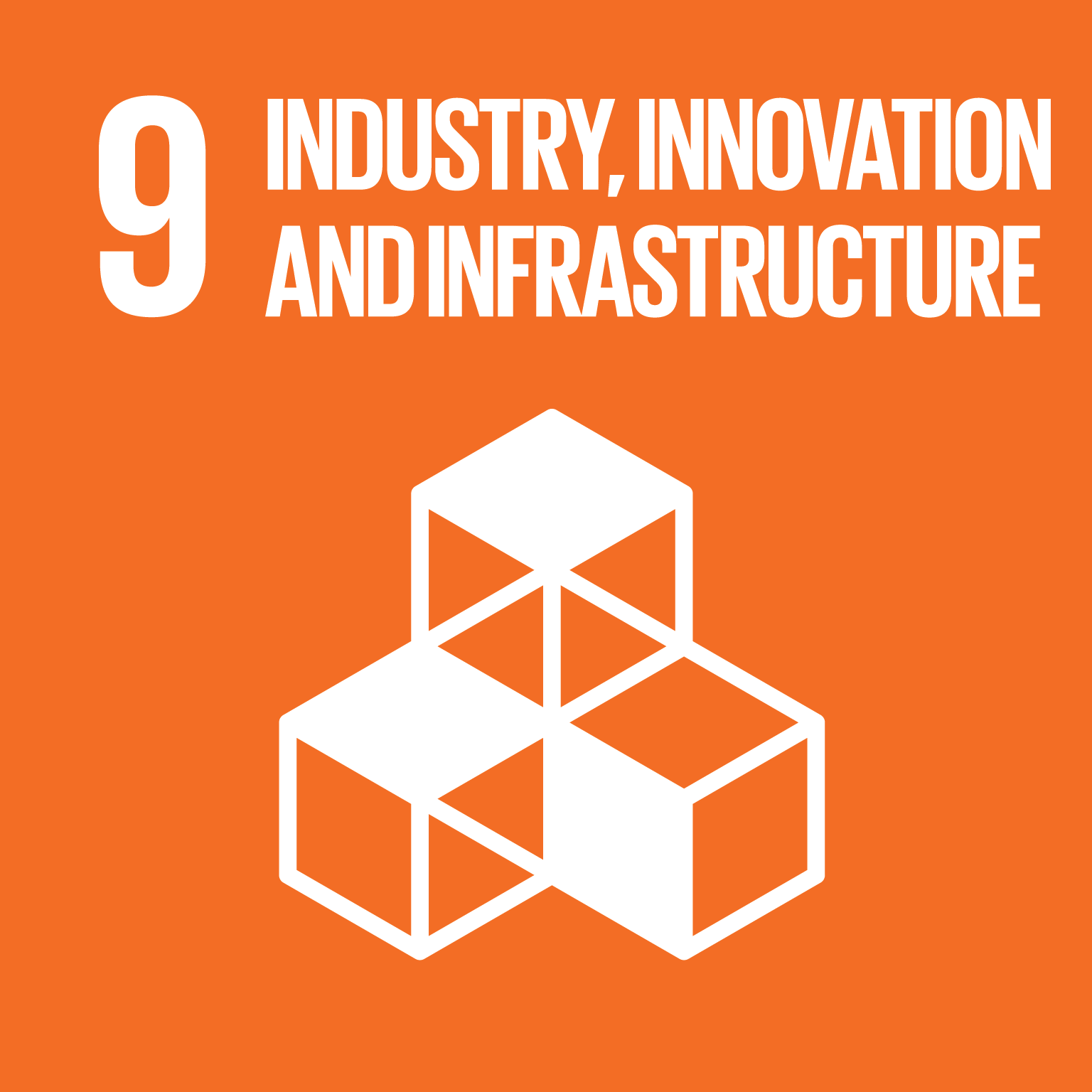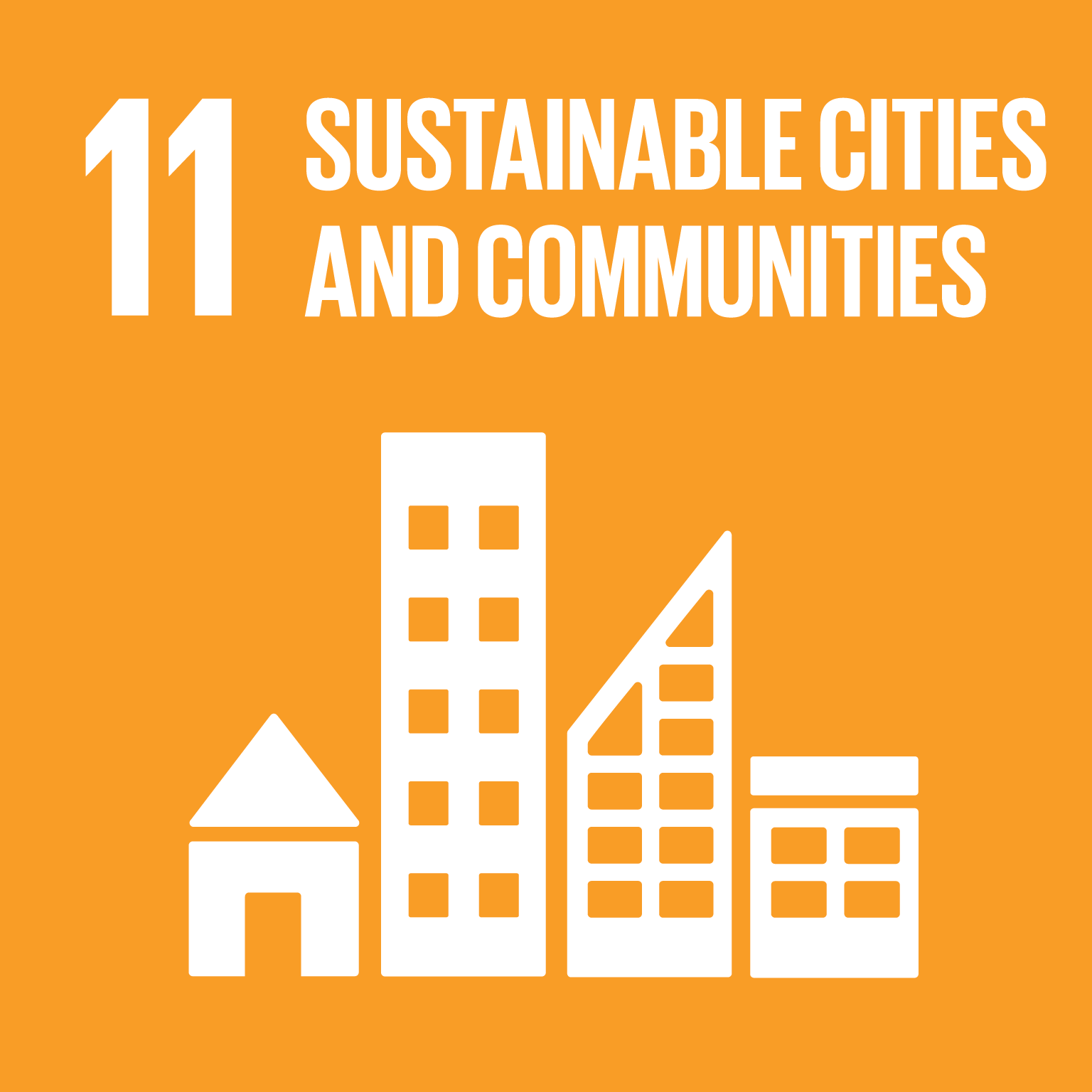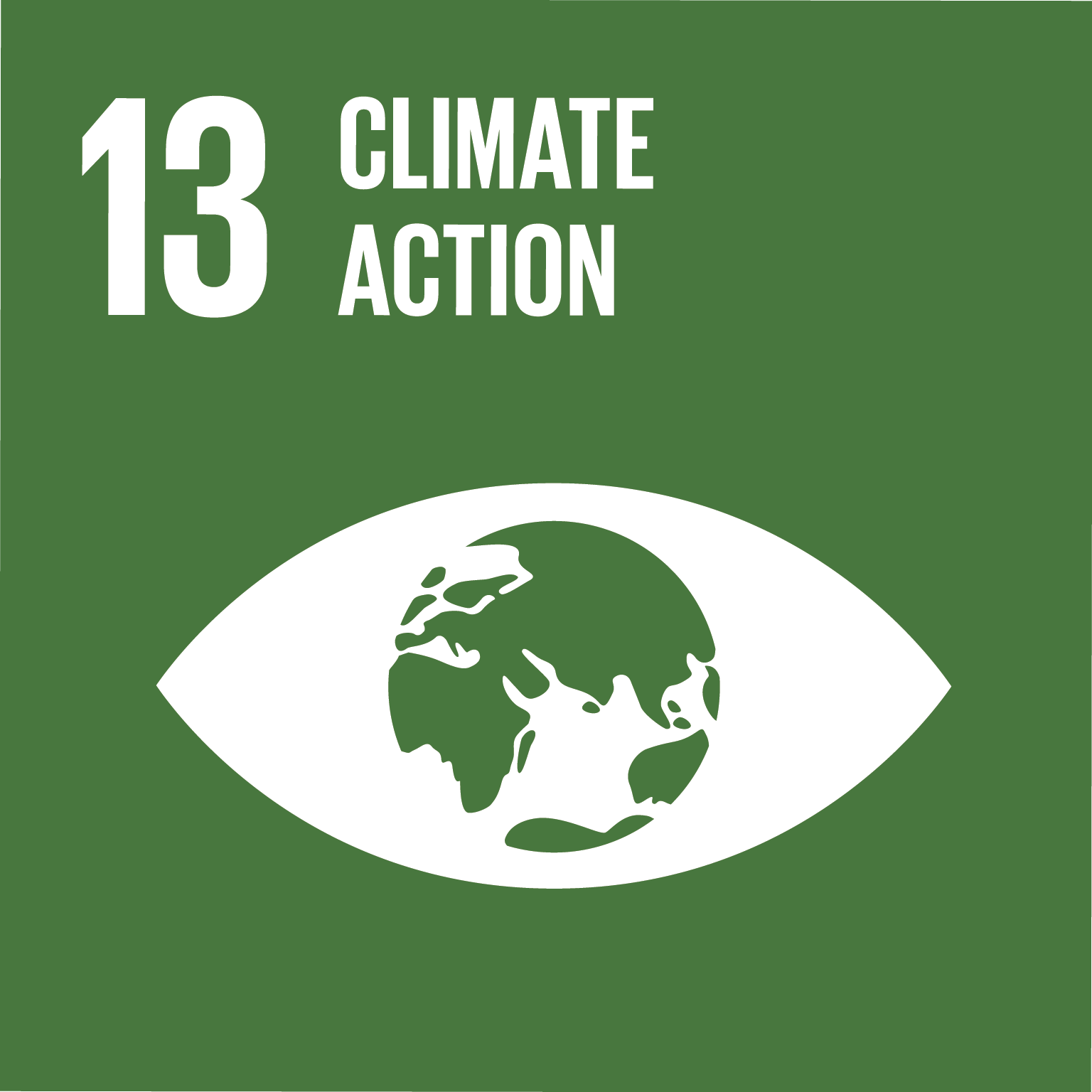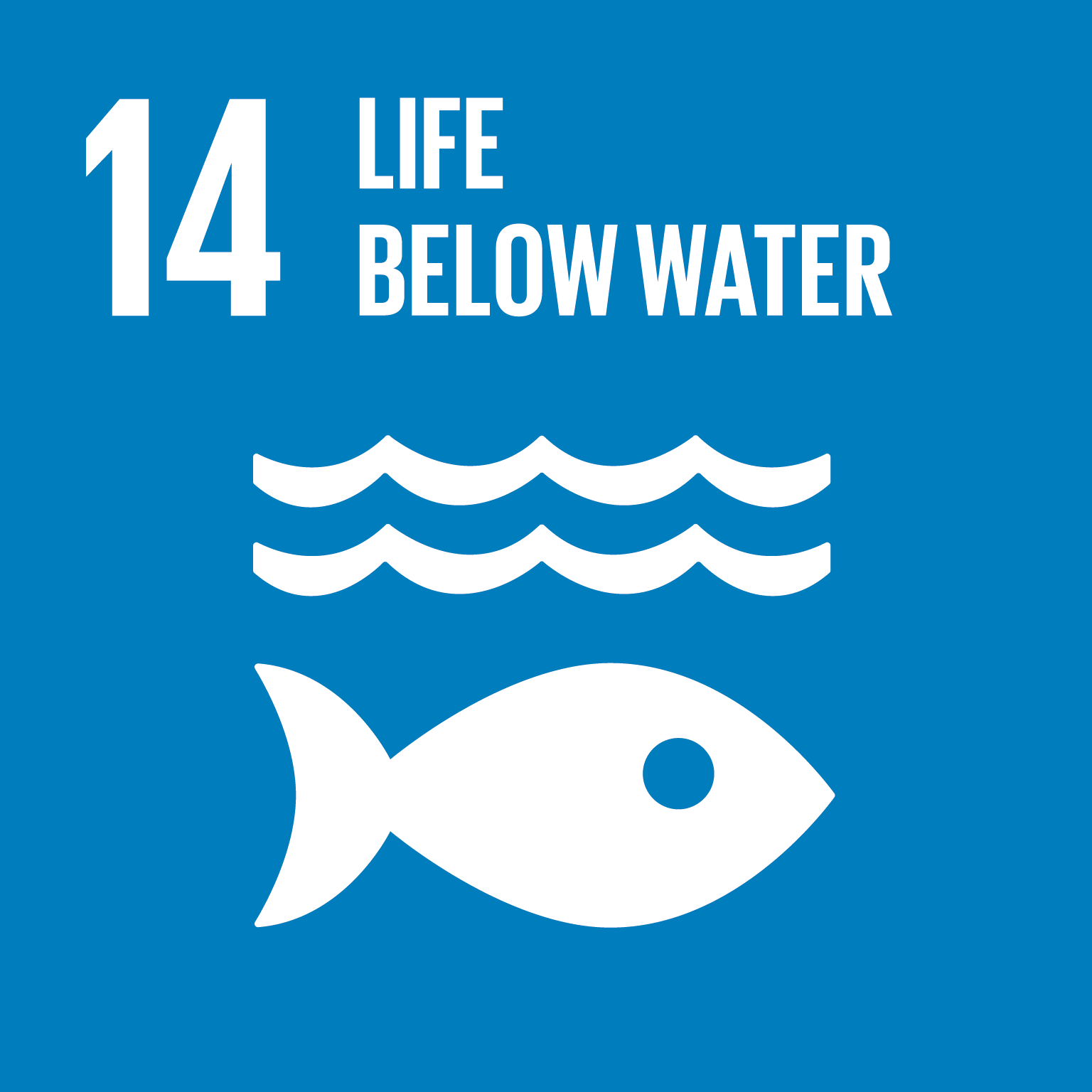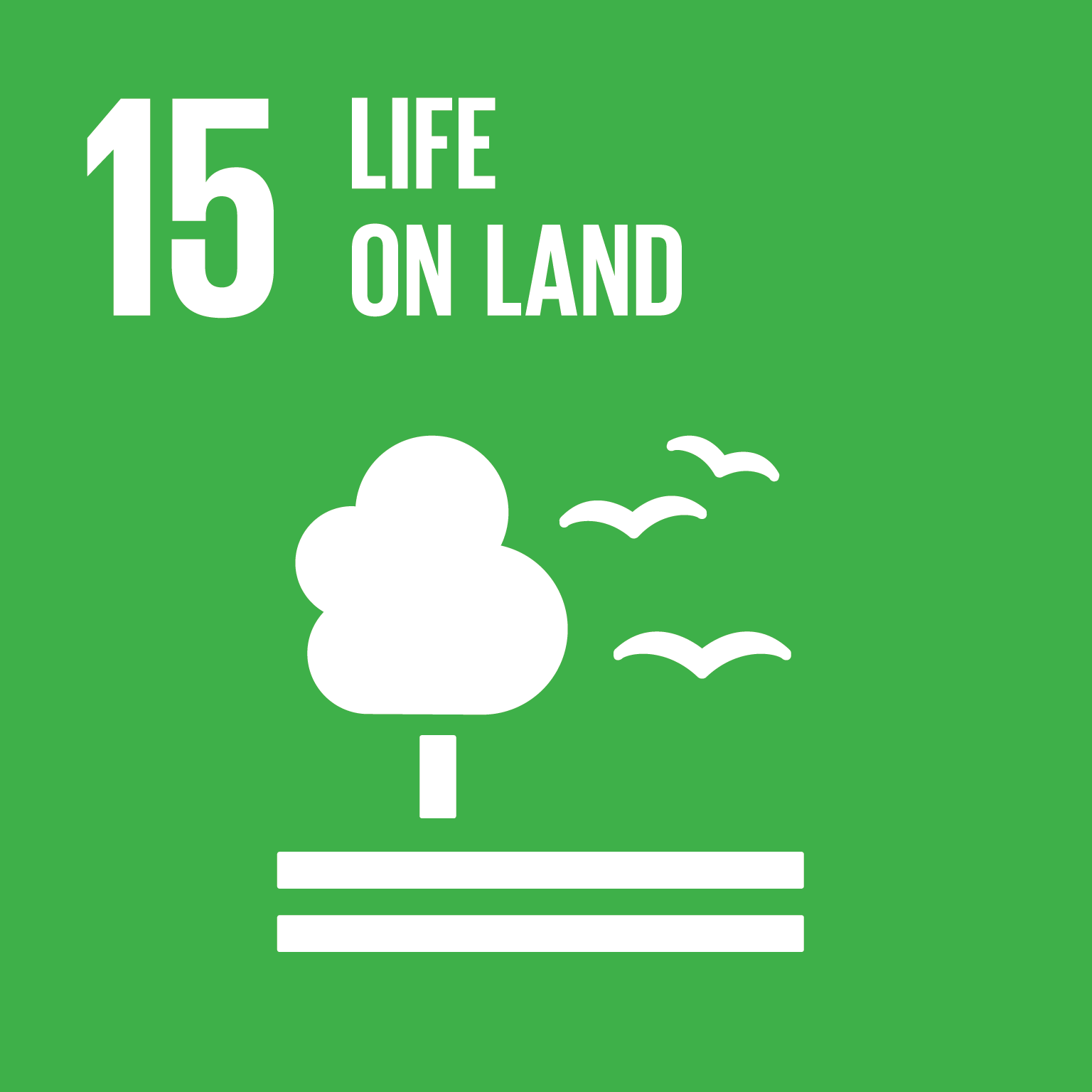- Demonstrate a comprehensive knowledge and understanding of the theoretical background that underpins environmental issues especially on water and solids waste.
- Demonstrate awareness and working understanding of the legislation related to the water, waste and environmental sector.
- Demonstrate effective and clear oral and written communication skills.
- Have a general working knowledge of field surveying methods to obtain relevant water, waste and environmental information and demonstrate a practical ability to conduct surveying techniques.
- Have the ability to source, evaluate and synthesise current scientific information related to water, waste and environmental technologies and produce scientific reports with reasonable recommendations made and conclusions drawn.
- Have the ability to work with water, waste and environmental data, understand the methods used to collect different types of data, conduct descriptive and analytical statistics.
- This programme allows graduates to gain the concepts, theories of water, wastes treatment and environmental protection; in analysis, design and management of various treatment facilities including flood protection systems; preparing graduates towards EI professional title of Chartered Engineer.
- Through work experience develop an understanding of how the knowledge gained can be applied to the work environment and develop skills necessary to work effectively in the work place.
This course is available through the following application route(s)
This Masters prepares graduates to work in the broad field of Water, Waste and Environmental Engineering, including environmental protection and management. This programme is suited to both Civil Engineering graduates or graduates from closely related disciplines, such as Science or Physical Geography.
Students in this programme will gain advanced theoretical and conceptual knowledge and understanding in the area of environmental engineering on topics such as engineering hydrology, environmental modelling, water and wastewater treatment, solid waste management, and environmental data analysis, among others.
Environmental engineering involves the application of engineering and scientific principles to solve or prevent environmental problems. This programme allows you to gain competencies in the design of facilities to treat water, wastewater and wastes; in the development and protection of water resources; in the design of flood protection system; in the analysis of environmental data; and in the design of infrastructure that respects the principles of environmental sustainability. It is delivered by a culturally diverse group of internationally renowned academic staff deliver the programme.
About This Course
Graduates from this programme will enjoy career opportunities both nationally and internationally, in both engineering and environmental consultancies, regulatory authorities and in research. Graduates find employment as engineers in the private sector (e.g., engineering consultancy, engineering design, project management, risk assessment,waste management), in the public sector (e.g., environmental protection, regulation, standards development, local government, river basin management), and in the non governmental sector (e.g., environmental advocacies, NGO’s), or may wish to pursue further qualifications (e.g., PhD, MBA) to become even more specialised.
Graduates will be equipped with the skills that allow them to be lifelong learners, whether in the pursuit of knowledge for personal use or in connection with their engineering careers. Employers of environmental engineers include commercial firms, engineering consultancies, government agencies, and non-governmental organisations, all well known in Ireland and many with global operations. Some of these include: • RPS Group • White Young Green • Nicholas O’Dwyer • Atkins • Greenstar • Arup • McKinsey and Company • Mazars • Environmental Protection Agency • Local Authorities • Engineers Without Borders • Engineers Against Poverty • Friends of the Earth
Below is a list of all modules offered for this degree in the current academic year. Click on the module to discover what you will learn in the module, how you will learn and assessment feedback profile amongst other information.
Incoming Stage 1 undergraduates can usually select an Elective in the Spring Trimester. Most continuing undergraduate students can select up to two Elective modules (10 Credits) per stage. There is also the possibility to take up to 10 extra Elective credits.
| Trimester | Credits | |||
|---|---|---|---|---|
Stage 1 Core Modules |
CVEN40220 | Introduction to Water Resources Engineering 1 | Autumn | 10 |
Stage 1 Core Modules |
CVEN40860 | Research Skills for Engineers | Autumn | 5 |
Stage 1 Core Modules |
ENVB40040 | Environmental Impact Assessment | Autumn | 5 |
Stage 1 Core Modules |
STAT40690 | Quantitative Methods for Engineers | Autumn | 5 |
Stage 1 Core Modules |
CVEN40570 | Water Waste and Environmental Modelling | Spring | 5 |
Stage 1 Core Modules |
CVEN40590 | Environmental Research Project | Year-long (12 months) | 30 |
Stage 1 Options - A)30CR: OPTION MODULES: All students must take 30 credits of Option Modules, and students should aim for a balanced workload of 30 credits per trimester. |
BSEN30240 | Waste Management | Autumn | 5 |
Stage 1 Options - A)30CR: OPTION MODULES: All students must take 30 credits of Option Modules, and students should aim for a balanced workload of 30 credits per trimester. |
BSEN30360 | Life Cycle Assessment | Autumn | 5 |
Stage 1 Options - A)30CR: OPTION MODULES: All students must take 30 credits of Option Modules, and students should aim for a balanced workload of 30 credits per trimester. |
CVEN40690 | Civil Engineering Systems | Autumn | 5 |
Stage 1 Options - A)30CR: OPTION MODULES: All students must take 30 credits of Option Modules, and students should aim for a balanced workload of 30 credits per trimester. |
BSEN40110 | Advanced Air Pollution | Spring | 10 |
Stage 1 Options - A)30CR: OPTION MODULES: All students must take 30 credits of Option Modules, and students should aim for a balanced workload of 30 credits per trimester. |
CHEN40010 | Environmental Engineering | Spring | 5 |
Stage 1 Options - A)30CR: OPTION MODULES: All students must take 30 credits of Option Modules, and students should aim for a balanced workload of 30 credits per trimester. |
CVEN40070 | Water & Wastewater Treatment Processes | Spring | 5 |
Stage 1 Options - A)30CR: OPTION MODULES: All students must take 30 credits of Option Modules, and students should aim for a balanced workload of 30 credits per trimester. |
CVEN40080 | Hydraulic Engineering Design | Spring | 5 |
Stage 1 Options - A)30CR: OPTION MODULES: All students must take 30 credits of Option Modules, and students should aim for a balanced workload of 30 credits per trimester. |
CVEN40840 | Sustainable and Nature Based Water Infrastructure | Spring | 10 |
Stage 1 Options - A)30CR: OPTION MODULES: All students must take 30 credits of Option Modules, and students should aim for a balanced workload of 30 credits per trimester. |
ENVB40120 | Freshwater Resources Assessment | Spring | 5 |
UCD is strongly committed to advancing the UN Sustainable Development Goals (SDGs), embedding sustainability in teaching, research, operations, and community engagement. Sustainability principles are integrated into this programme, ensuring students graduate equipped to address global challenges. UCD’s leadership in this area is internationally recognised, ranking 49th globally and 1st in Ireland in the QS World University Rankings for Sustainability 2024. UCD also leads impactful research in areas such as climate action, clean energy, and social equity, supported by a comprehensive Sustainability Strategy focused on reducing emissions, enhancing biodiversity, and fostering a sustainable campus culture.
Here are the SDGs which align more visibly with this programme:
Graduate Profile - Tessa Clarizio, CRH
I pursued a Master’s in Water, Waste, and Environmental Engineering at UCD due to my desire to gain an international perspective on environmental issues, UCD’s strong reputation in engineering, and its relationship with my undergraduate university in the U.S. Through this course, I reinforced my knowledge on environmental engineering principles as well as enhanced my skillset through learning about green infrastructure, waste management, and software such as GIS and R. I also was able to learn about EU environmental legislation, listen to class speakers from Ireland’s EPA, and visit water treatment facilities. There were a number of different research topics to pursue for my thesis as well as the possibility to propose my own topic, which speaks to the breadth of expertise and dedication present in UCD’s civil engineering department. UCD’s career resources and connections were likewise useful, and helped me achieve an internship with CRH’s Dublin office in their sustainability group upon completion of my masters. I would recommend this program to anyone interested in furthering their skillset as an environmental engineer.
EU fee per year - € 9530
nonEU fee per year - € 29100
***Fees are subject to change
Please note that UCD offers a number of graduate scholarships for full-time, self-funding international students, holding an offer of a place on a UCD graduate degree programme. For further information please see www.ucd.ie/global/scholarships/
The College of Engineering & Architecture also offer scholarships for non-EU students, for more information see: www.ucd.ie/eacollege/currentstudents/noneuscholarships.
- An honours undergraduate degree (NFQ level 8) with minimum 2:1 award or international equivalence in civil engineering, other related engineering (such as chemical engineering, environmental engineering, agriculturial engineering), physical science or environmental related degree programme.
- Applicants whose first language is not English must also demonstrate English language proficiency of IELTS 6.5 (no band less than 6.0 in each element), or equivalent.
- Students meeting the programme’s academic entry requirements but not the English language requirements, may enter the programme upon successful completion of UCD’s Pre-Sessional or International Pre-Master’s Pathway programmes. Please see the following link for further information http://www.ucd.ie/alc/programmes/pathways/
- These are the minimum entry requirements – additional criteria may be requested for some programmes
Full Time option suitable for:
Domestic(EEA) applicants: Yes
International (Non EU) applicants: Yes
How to Apply
General application route(s) for Irish/UK/EU applicants* for International (non-EU) applicants* to MEngSc in Water, Waste & Environmental Engineering:
| ROWCLASS | Apply to |
|---|---|
| showAudience-audienceEU showAudience-audienceInt | T277 MEngSc in Water, Waste & Environmental Engineering Master of Engineering Science Full-Time Commencing September 2025 Graduate Taught |

